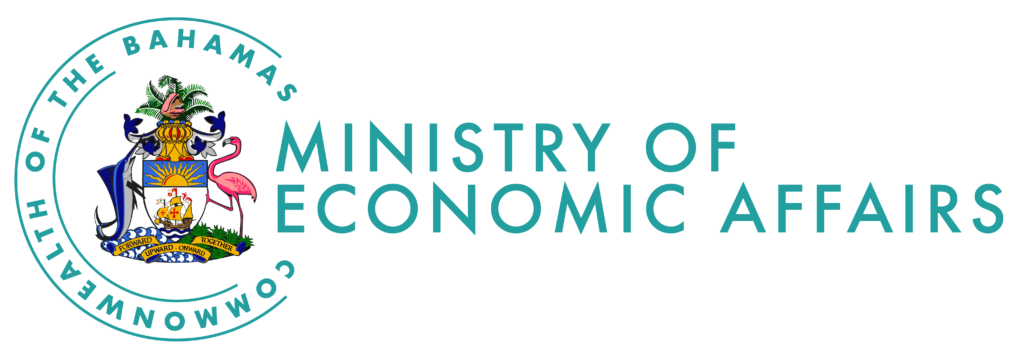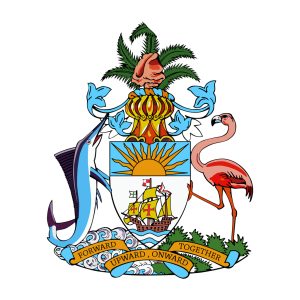An interview with Caribbean Export Development Agency Services Specialist Allyson Francis
As the Caribbean Export Development Agency’s (CEDA) Services Specialist, Allyson Francis is well versed in all of the agency’s efforts to drive trade and investment growth within the region, so she was the perfect person to talk to for this month’s issue focused on the creative sector.
Caribbean Export Development Agency, headquartered in Barbados, has functioned as the primary trade and investment agency for the Caribbean since 1995. The organization’s main goal is to promote trade and investment in the region through spearheading targeted programmes and initiatives to enhance the competitiveness of the regional private sector.
Lately, the agency’s efforts have specifically focused on the services sector, which is all encompassing in a region in which 60% of GDP is attributed to services. Allyson believes that many people in the Caribbean underestimate the extent to which we produce and trade via services.
“Even when it comes to goods, 60% of what goes into a physical good is a service. For example, when you are selling a product, there is research and development, design, marketing, legal work, distribution, and transportation, which are all essential inputs for that physical product but are all services.”
One of Caribbean Export’s current flagship programs, “Services Go Global” is a 12-module online training programme that helps businesses in the services sector to understand their market and learn how to generate exports. Business owners learn how to provide services online and are taught to identify the ways that services are currently exported within the borders of regional countries through consumption abroad.
“We did this programme and many people realized that they were already trading by providing services,” says Allyson. “They can see that money is transferring from one country to another and can now understand what they are trading and where their strengths are, which should allow them to work on strengthening their approach to marketing and targeting the right customers.”
“People often think of us as consumers, but we are also major producers of services. In the Caribbean, we have no limit on our creative content and inventions. Our culture and creativity seem boundless. That is a tremendous strength…”
One training programme that has directly targeted regional creatives and has been a big hit is the “Business of Music” programme, which helps creatives to focus more on the technical elements of exporting their music, such as Intellectual Property, distribution rights, and negotiations.
“What we saw coming out of COVID was a need to make a digital pivot within the region now that touring was no longer an option. Local musicians needed to learn how to market themselves differently through digital channels and they also needed to learn how to continue to sell their creative products and services.”
“There is a major need to understand IP issues. For example, a song is divided into multiple parts – the lyrics and the music – musicians must understand how they are protected. We also worked on publishing and distribution on digital platforms to maximize royalties by registering with CMOs and generating music downloads and not just relying on listens, which generate minimal revenue.”
Caribbean Export has also launched a music production workshop to provide further creative support to regional musicians, which culminated in a music showcase last December in which 23 regionals songs were produced and featured. Several of the musicians had international leads generated from this showcase.
The outreach is not limited to musicians either. Script writers and film producers were able to participate in recent webinars to help them to better define their stories while working with top producers and writers in the region. They also received valuable lessons in the production of a film, as well as ways to secure and generate financing. Capacity exercises are underway for animators and the current plan is to update the existing “Animation Bible” so that people can identify regional talent with the objective of generating investments.
Allyson believes that the region is underrated in its ability to produce but is also just scratching the tip of the iceberg in terms of what it can accomplish.
“People often think of us as consumers, but we are also major producers of services. In the Caribbean, we have no limit on our creative content and inventions. Our culture and creativity seem boundless. That is a tremendous strength but it is also a challenge. When we talk about internationalizing, we must find a way to create outputs that people can connect with on a universal level without diluting our uniqueness and losing sight of our culture. That is the balance that we must strike.”
Allyson reminded regional creatives not to lose sight of regional and diasporic markets as they seek trade opportunities. As an example, she pointed to certain African countries as being culturally aligned in many ways when it comes to aspects of music and even storytelling that may make those markets more accommodating to folkloric elements like the regional “Laja Bless” or the Bahamian “Gaulin,” whereas European or North American markets may need to be provided with more context or be introduced gradually to these elements.
“We did an accelerator and there were international buyers present. While the audience laughed and understood all of the jokes, the international buyers were asking, ‘What is this?’ As creative as our people are, there may have been missed opportunities due to this disconnect. So we must definitely stay aware of the need to sell our strengths in a way that can be understood if appealing to a broad market is the objective.”
If it can be coordinated, we are offering to do a Business of Music training for The Bahamas and we would like to do more work with Services Go Global. For the Bahamian private sector, there is a great opportunity for increasing your exports, whether from the goods or services sectors, within regional and international markets
The good news is that Bahamians have participated in all of Caribbean Export’s flagship programmes, including an export programme for women that had a number of successful attendees. Bahamians also benefitted from the Services Go Global and Business of Music programmes and participated in business forums and international trade shows. However, Allyson noted that The Bahamas has not generally been as participatory as other jurisdictions – something that Caribbean Export would like change. They are reaching out to the SBDC and other BSOs to gain insight into what the country needs and are also asking Bahamians to apply for the currently active Direct Support Grants to gain access to up to 15,000 Euros in funding (the deadline has been extended to July 16th).
“We hope that your needs are put forth to us so we can respond to them. If it can be coordinated, we are offering to do a Business of Music training for The Bahamas and we would like to do more work with Services Go Global. For the Bahamian private sector, there is a great opportunity for increasing your exports, whether from the goods or services sectors, within regional and international markets.”
For more information, you can visit the official Caribbean Export website at https://www.carib-export.com/

